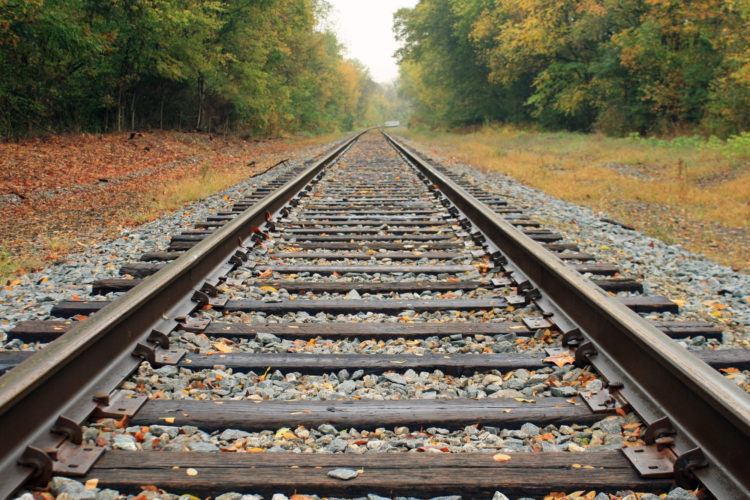Words by Sophie Stanton.
October 10th celebrated World Mental Health Day which aims to raise awareness of mental health issues around the world and to mobilise efforts in support of mental health. This day provides an opportunity for all stakeholders working on mental health issues to discuss their work and what needs to progress to make mental health care and support a reality for people worldwide
Recently, I had the pleasure of listening to Thomas Duncan Bell (The Bipoloar Businessman) who gave a detailed history of his experience with mental health and how he uses this understanding to educate and inspire others in and outside of the workplace. Removing the stigmatisation of ‘mental health’ being regarded as a taboo or private subject, the discussions during this event were empowering and inspiring for me to look at my own positionality and experiences, including how in my profession I can work towards influencing change and raising awareness.
During the speech, Thomas openly shared with us that he had previously attempted to take his own life by standing on the tracks of a railway. His honesty of trauma made we question what support is available specifically at railway stations for people who have attempted or tragically succeeded in committing suicide.
In 2010, Samaritans began working with Network Rail with the aim of preventing rail suicides and supporting those affected by them. The partnership and influence on the rail industry focused on key areas:
- Engaging the rail industry in suicide prevention and support activities
- Reaching out to those most at risk through awareness campaigns
- Training the rail industry staff in suicide prevention
- Supporting people affected by suicide
- Volunteer outreach and support at stations after a suicide
- Working with the media to encourage responsible reporting of rail suicides
- Working with police and health services
Since this partnership was launched, Samaritans and Network Rail have trained over 25,000 rail staff in suicide prevention and support courses. Additionally, they have supported course delegates to make more than 900 reports of potentially life-saving interventions. Following such success, the partnership has received various awards in recognition of the outstanding training work, including the campaign ‘Small Talk Saves Lives’. Such initiatives and action have increased engagement from train operating companies across the UK annually.
In a post-pandemic climate, an era of economic uncertainty, rise of unemployment, a cost-of-living crisis, increased homelessness and political turmoil, many people are experiencing mental health issues. The charity ‘Mind’ has recorded that 1 in 4 people will experience a mental health problem of some kind each year in England, with over the course of someone’s lifetime 1 in 5 people have suicidal thoughts and 1 in 15 people attempt suicide.
According to Rail Suicide Prevention (2022), a suicide occurs on the railway every 34 hours. This accounts for 4-5% of all suicides in Great Britain. These statistics heighten the importance and responsibility the rail industry has in preventing suicides on the network and in the wider community. By promoting help seeking behaviour and increasing presence, signage and free helplines can have a huge impact on protecting people. In the rail industry, people should be placed at the core. Therefore, the planning and functioning of these services should not only look to get people from one place to another, but it should also look at issues such as railway suicides and people genuinely going through a difficult time, offering a service where people feel they can approach staff and find help in and around the stations. The railway is more than a station and a train, it is the people within it. These people can play an important role in being people to engage with and to work in preventing suicide.
I believe this should be mandatory for all railway stations, so that staff can play an active part in recognising somebody who needs help. Additionally, although signage at stations for Samaritans is useful to make people aware of services which can listen to them, I consider the use of telephones at stations is important to allow free calls to emergency services, including charities specialising in mental health. A conversation can save a life, and this should not have to cost anything and should certainly not cost a life. The railway service is for people, therefore the service should look after its people.
Useful links:

